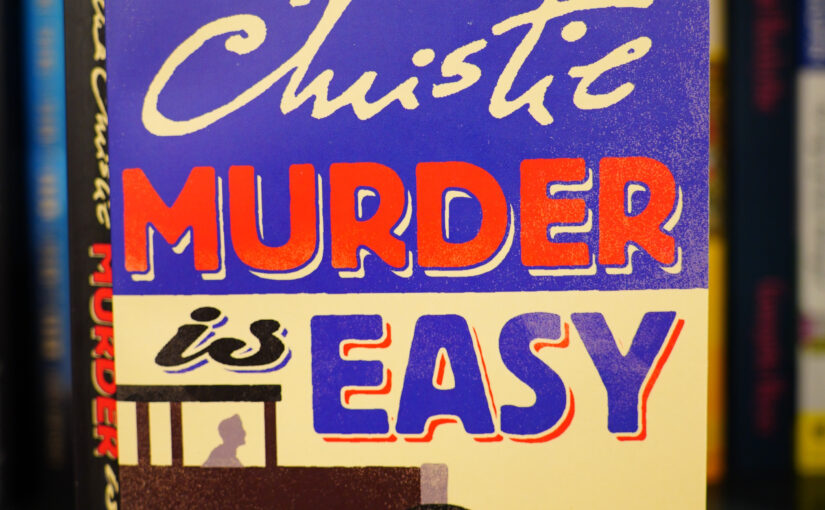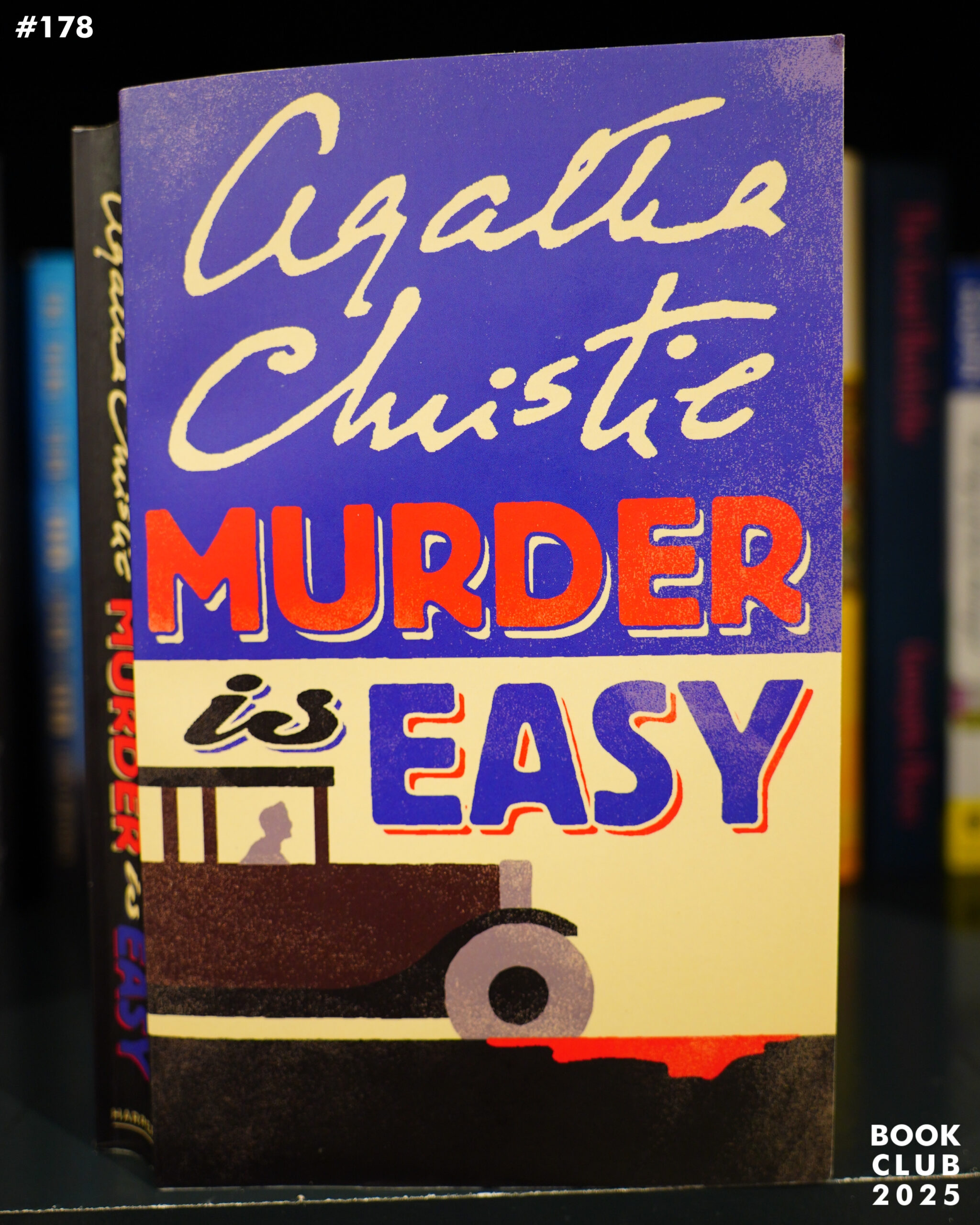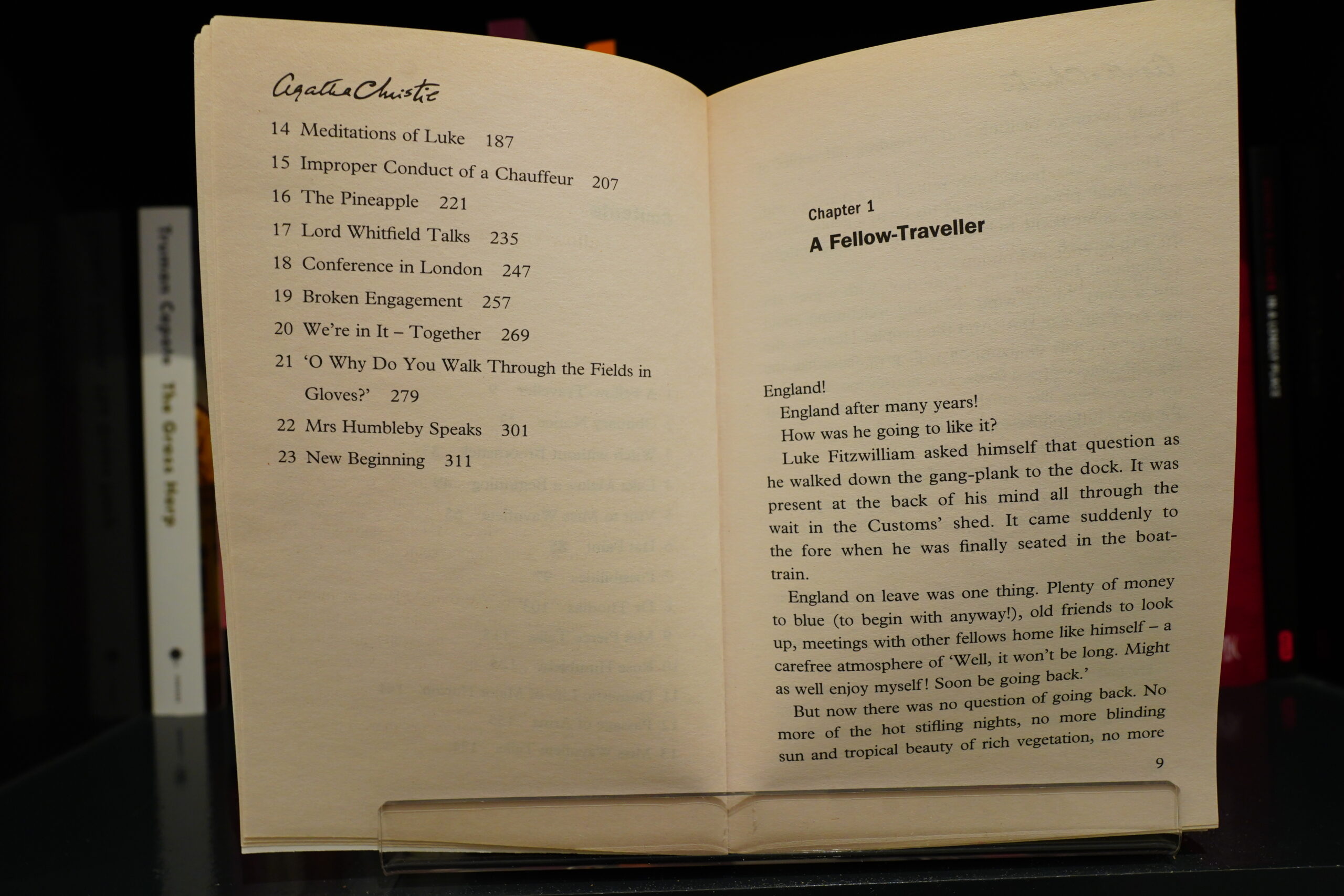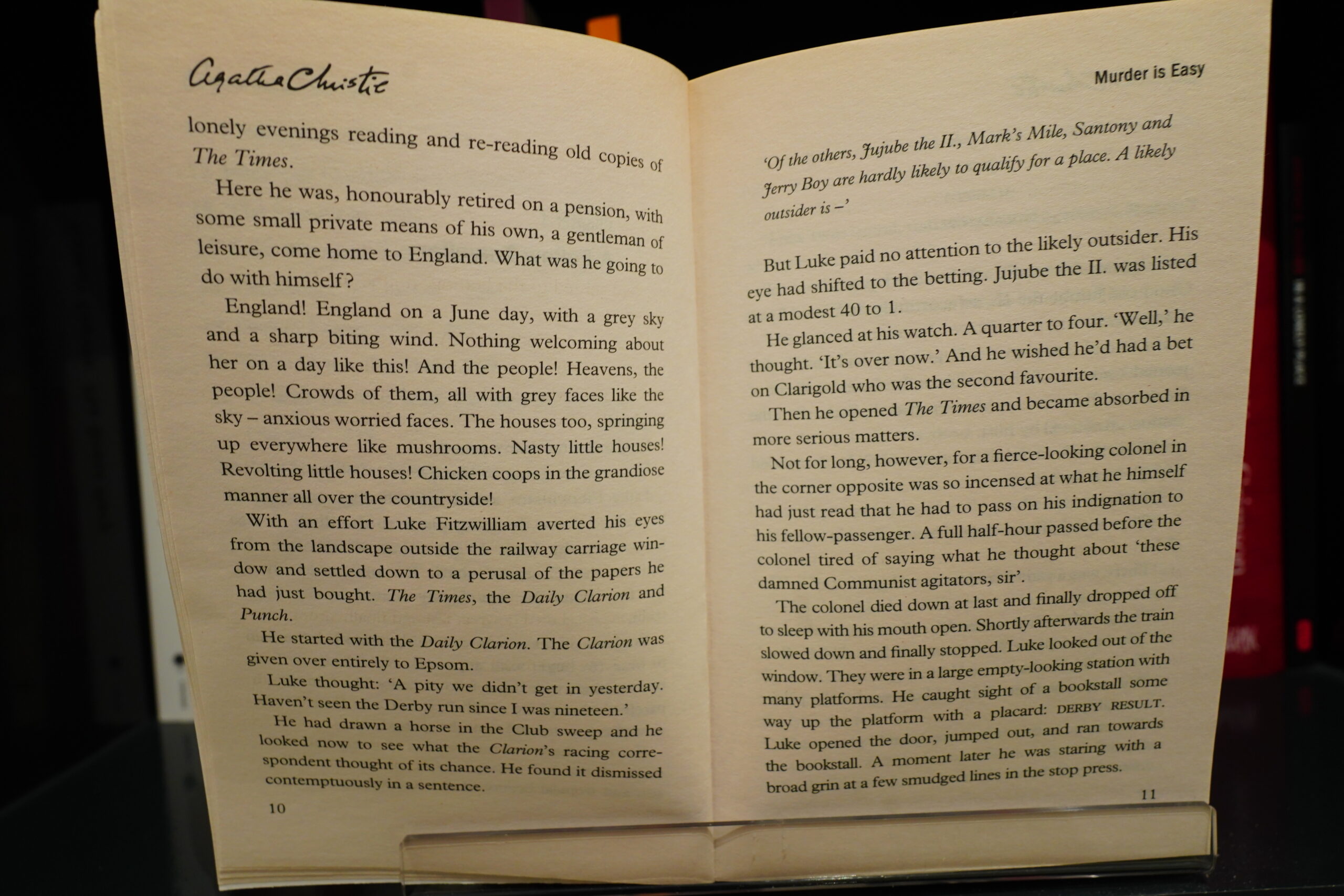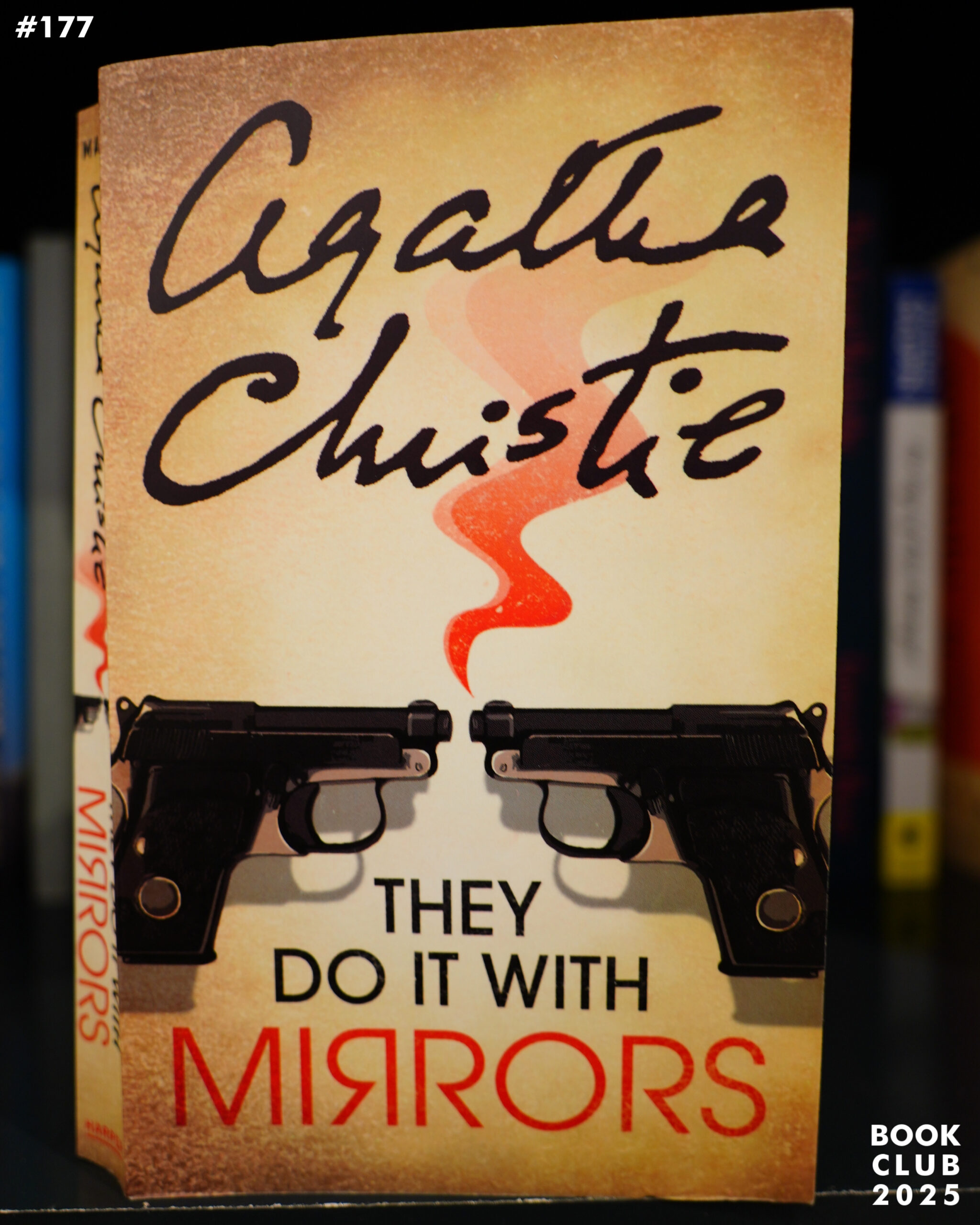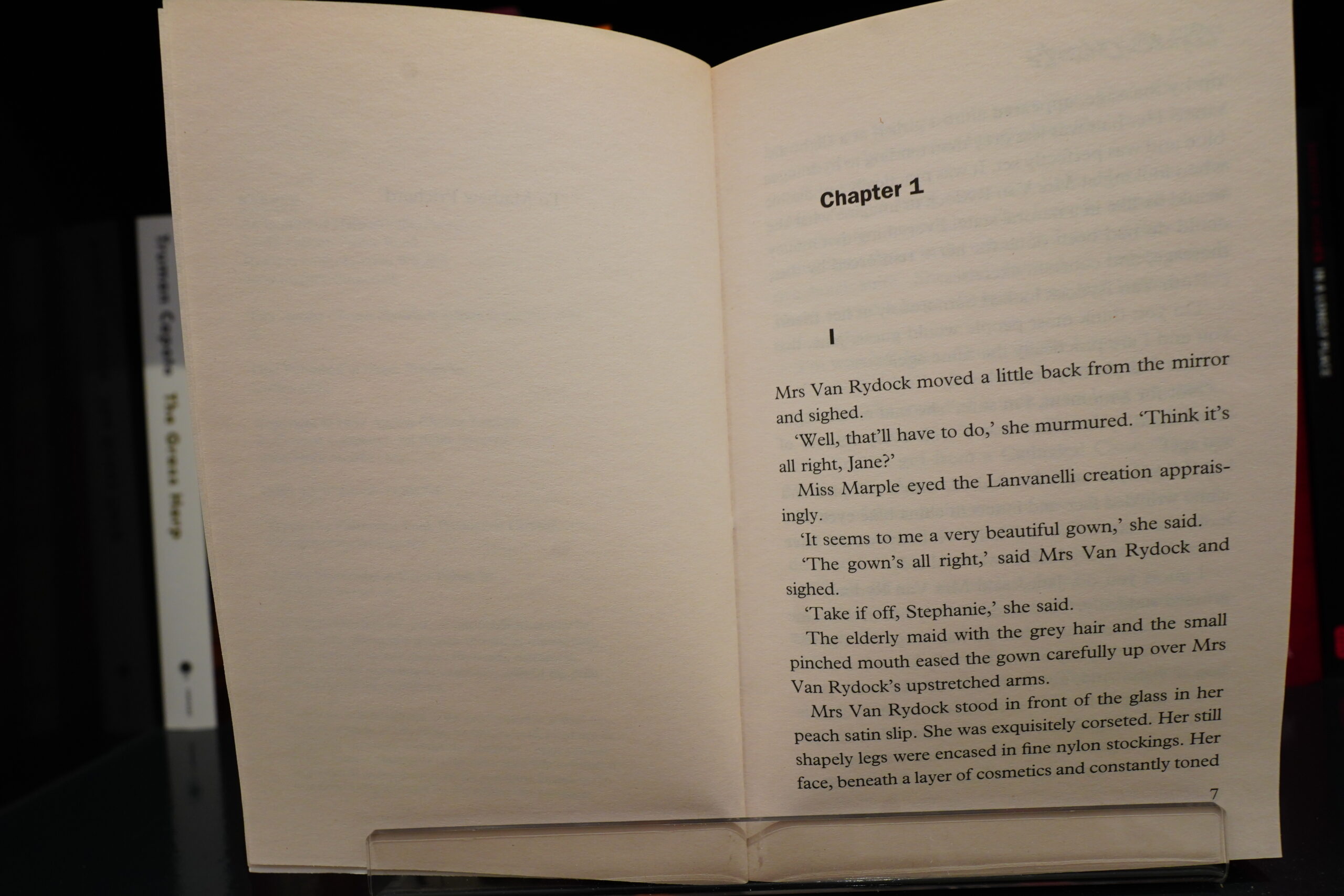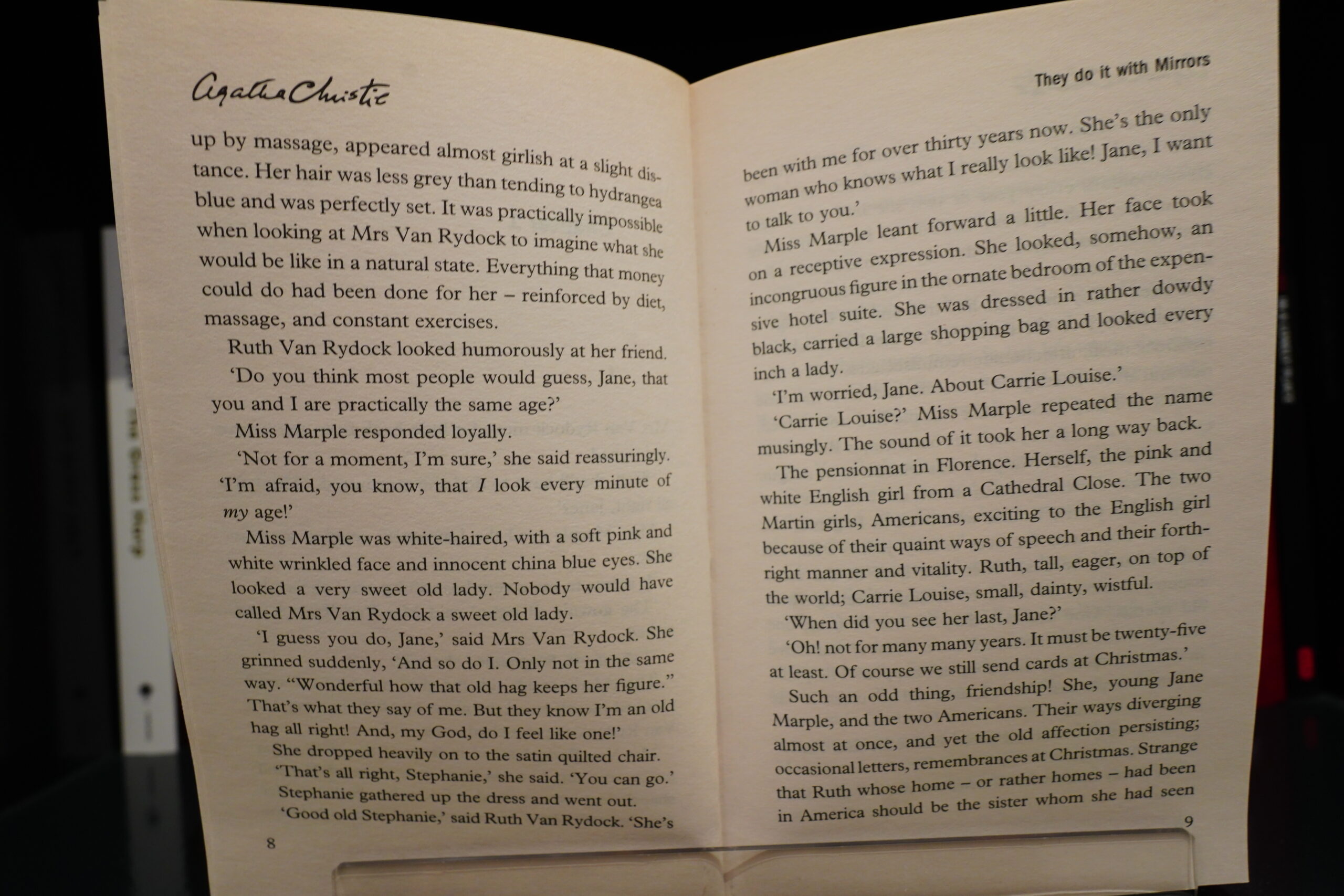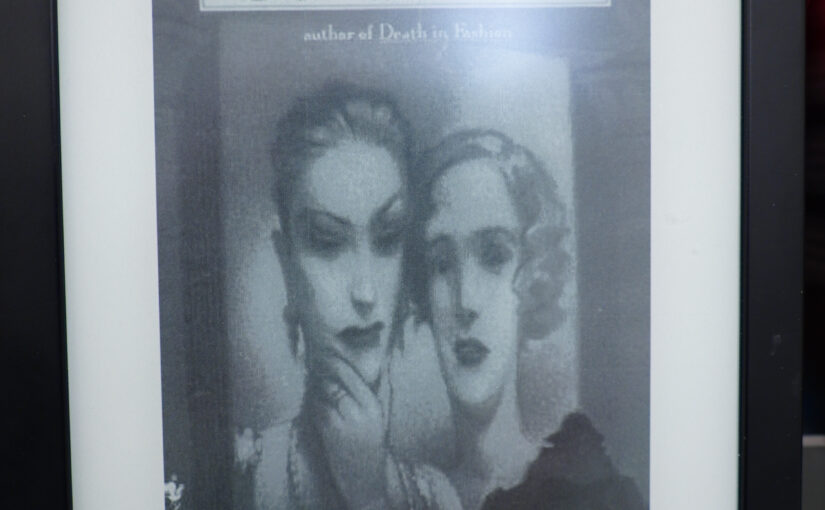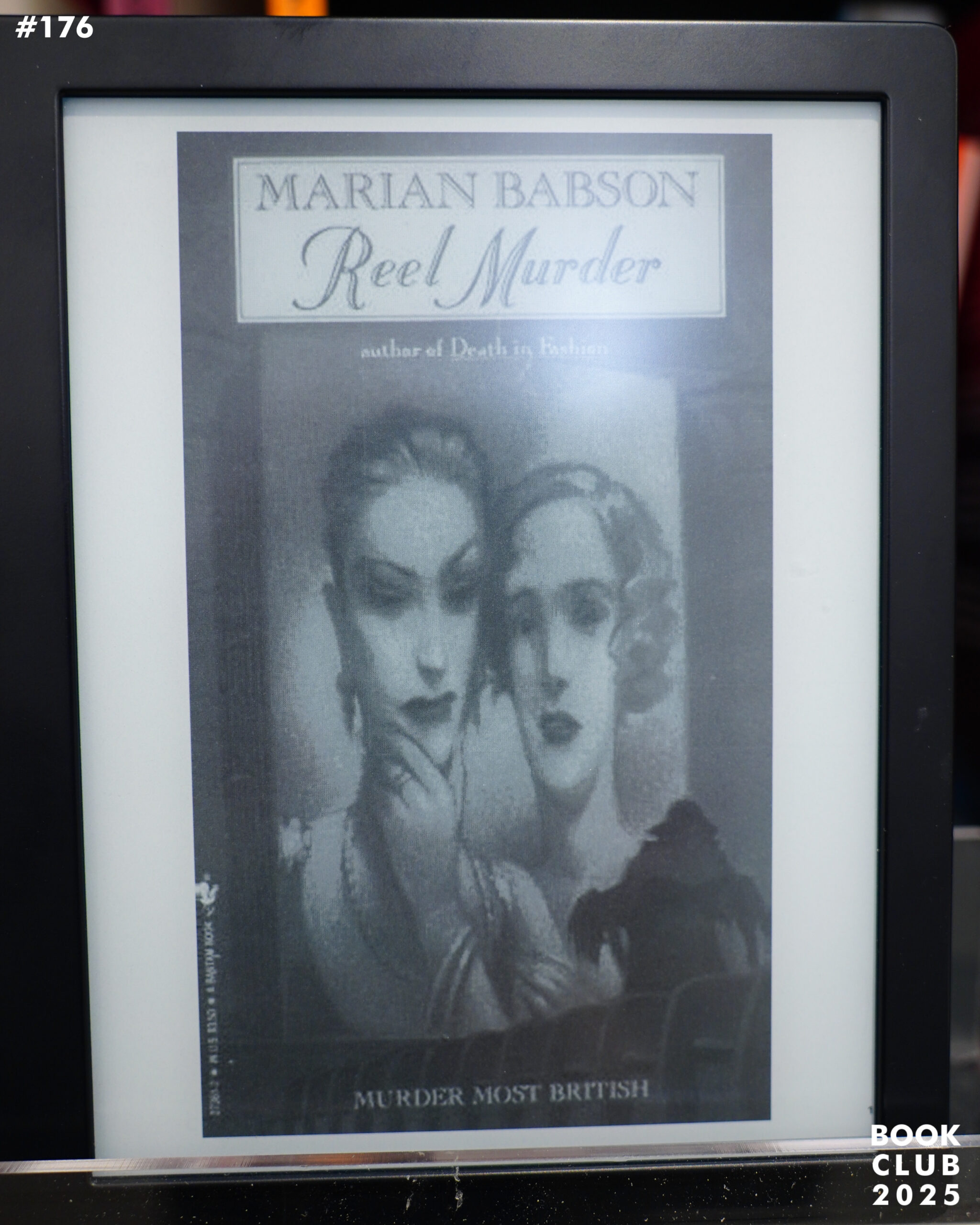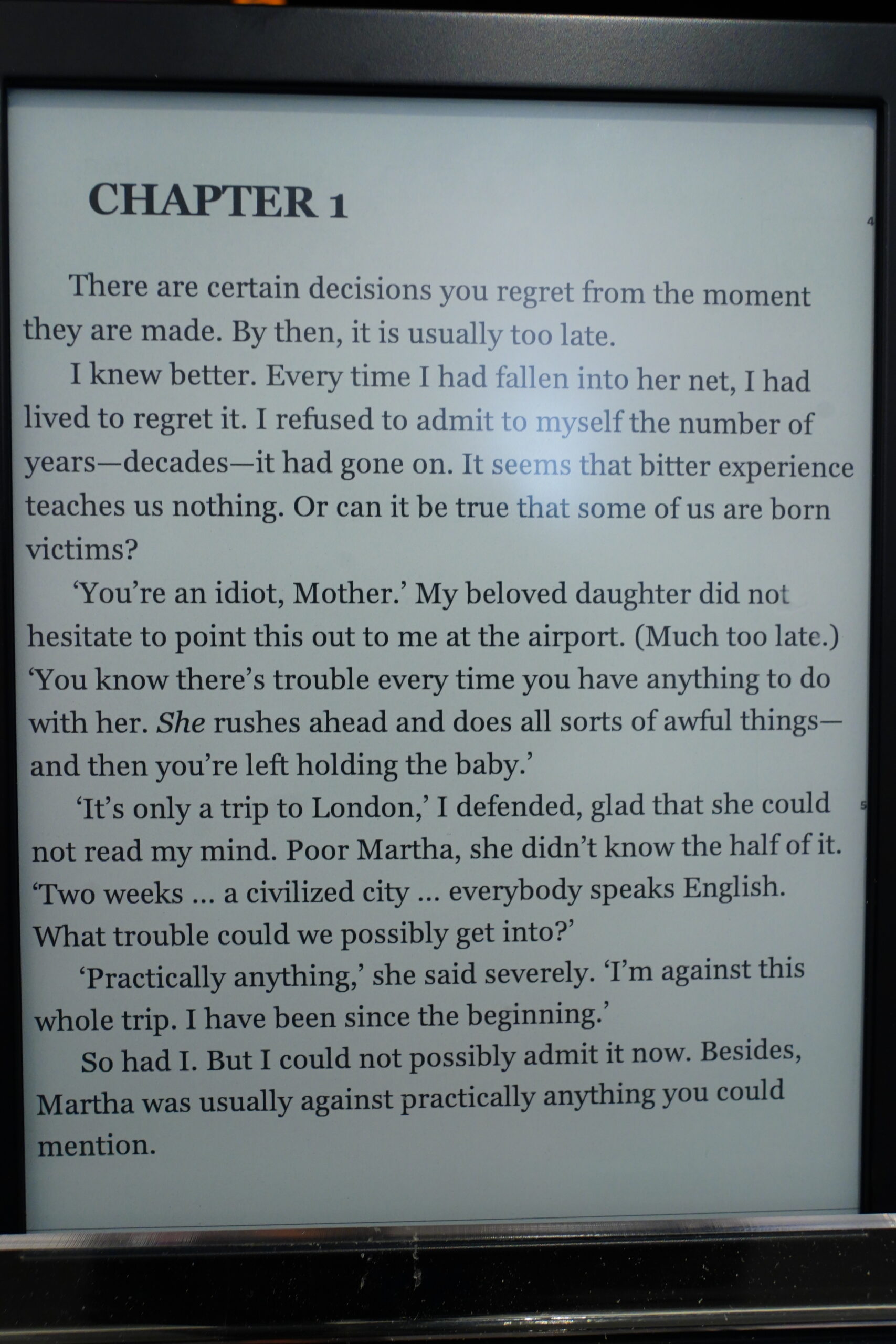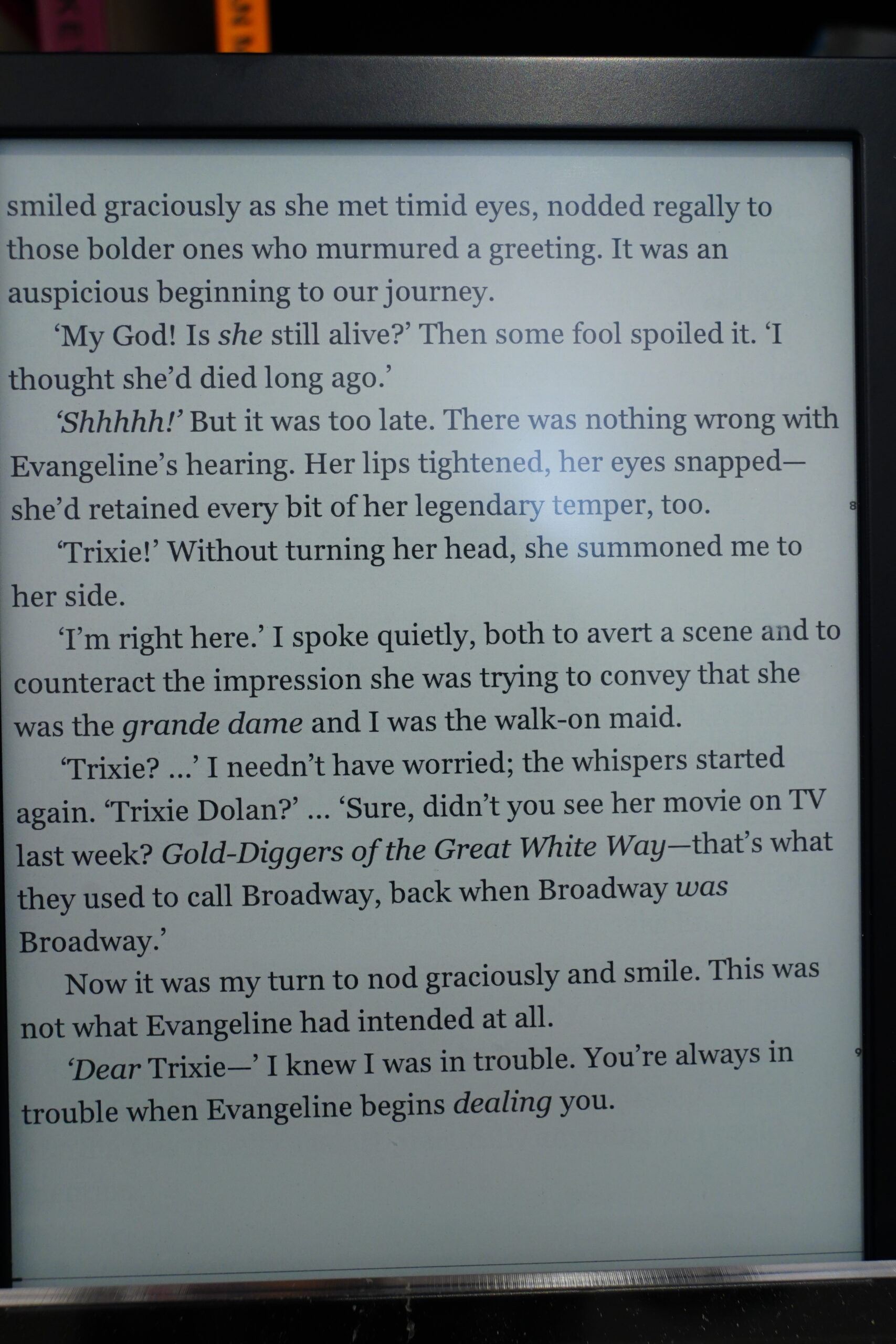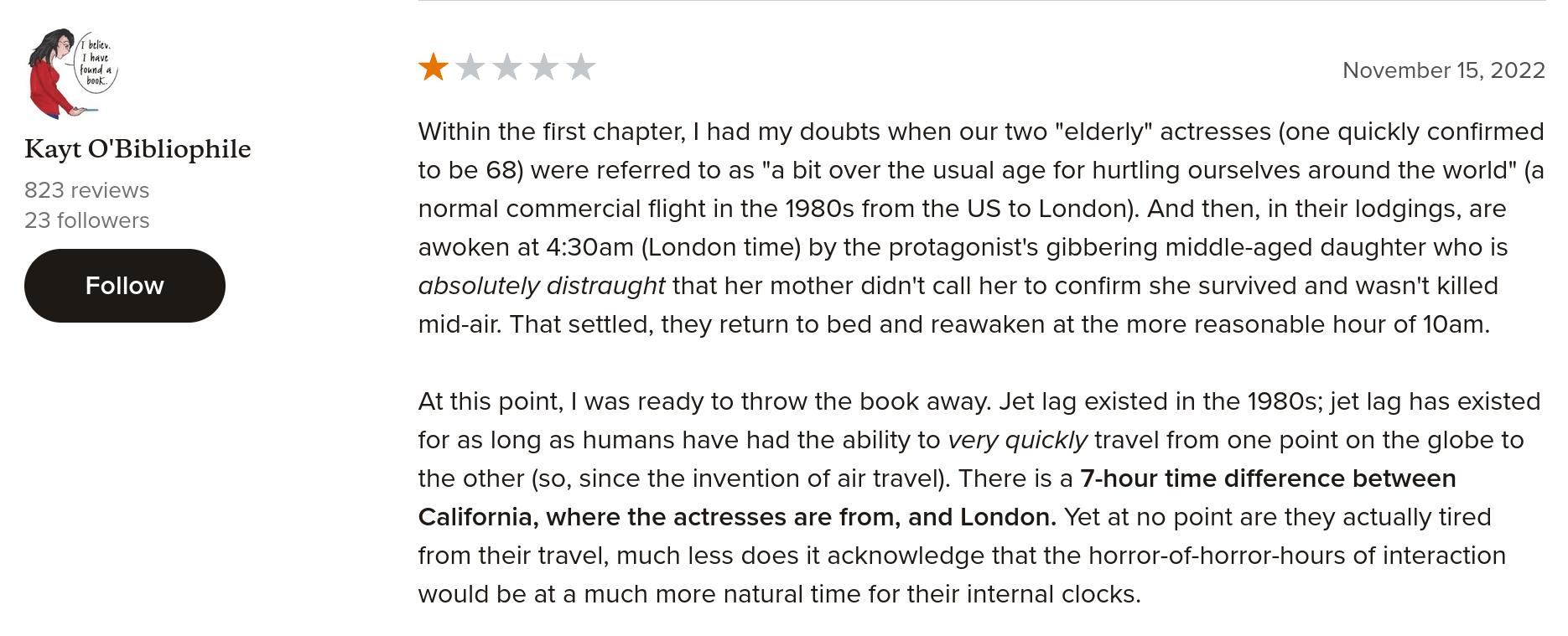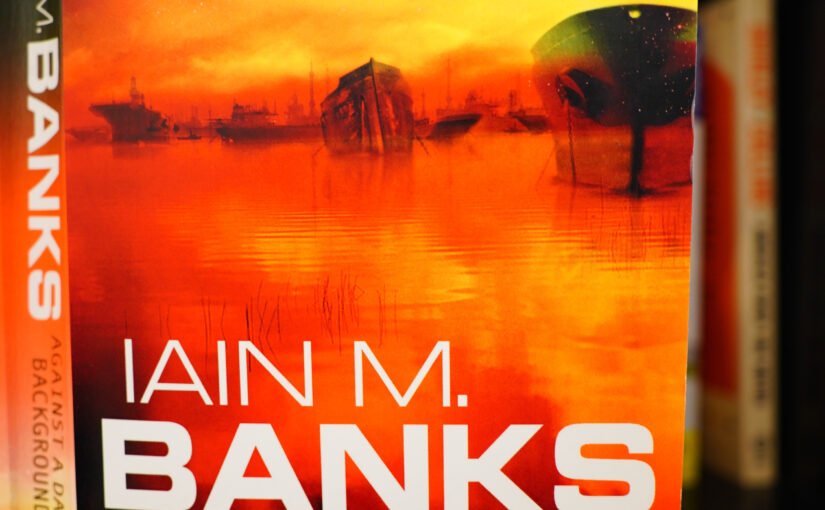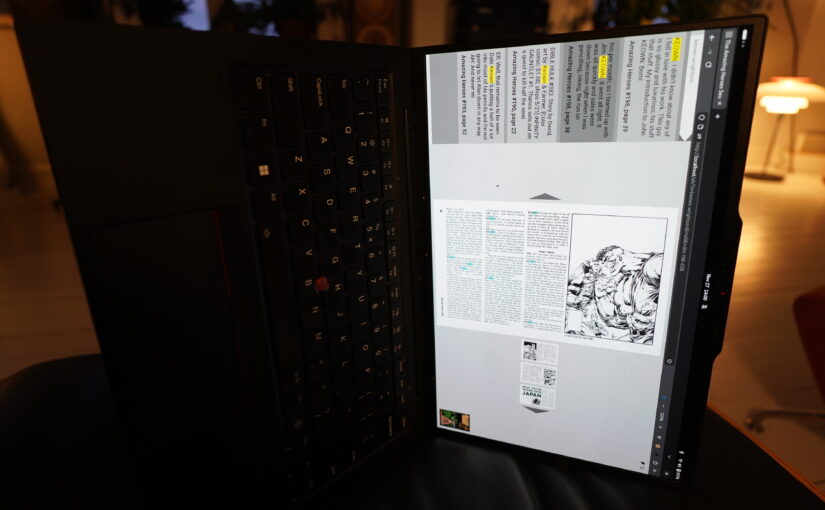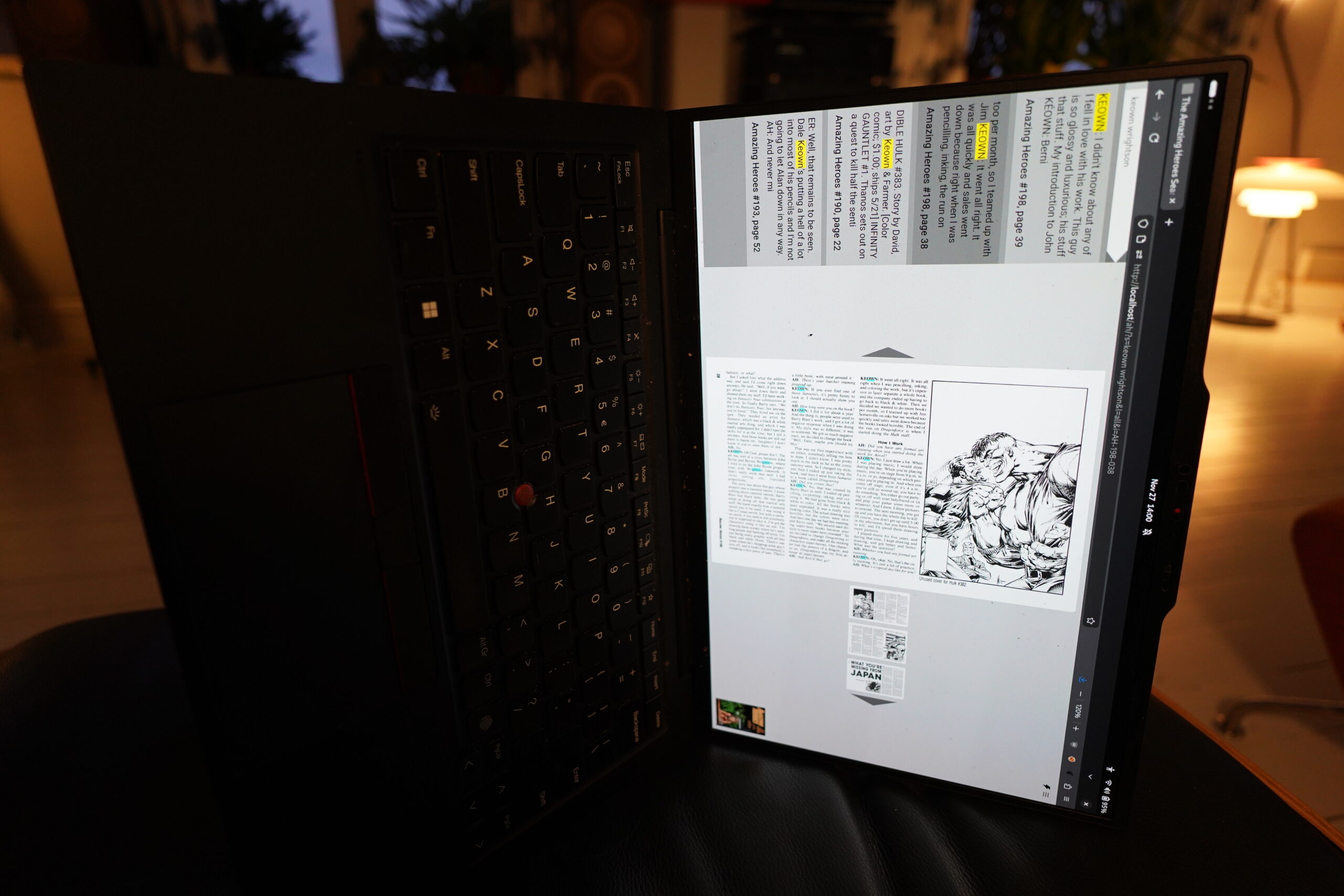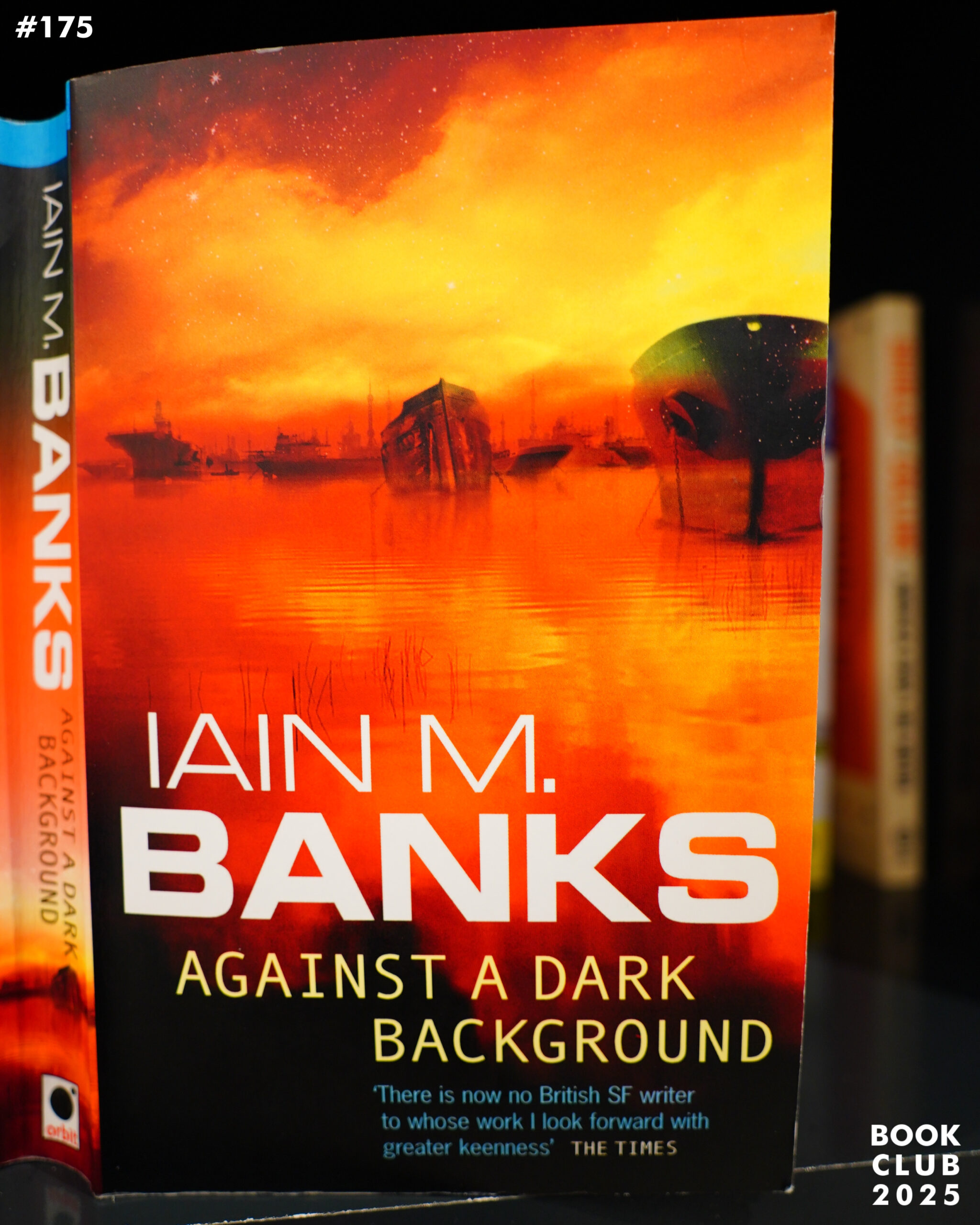
I started reading Iain M. Banks relatively late — I probably read my first one around 2010, and then gulped down a few until I realised they were a limited resource. (Him being dead and all.) So I’ve been portioning them out, and I’ve finally come to the final book (which I’ve had since 2013).
I mean, it’s rather stupid — I should just have read them all at the time, and then started re-reading instead of being miserly with them, right?
Because they’re so enjoyable books. So full of fun and science fictioney things. It’s not that they’re perfect — more than a couple of the Culture books are chock a block with the most mind-boggling stuff for like 400 pages, and then it’s like Banks went “OK, that’s enough” and then he wraps it up in 20 pages, usually with a literal deux ex machina, and you realise that nothing the protagonist(s) did for those 400 pages made any difference whatsoever.
And it would be one thing if that was, like, intentional, but it’s from sheer laziness on Banks’ part.
But! Those 400 pages are some of the most fun 400 pages possible, so, you know…
This final book here (final for me; it’s from 1993) is not a Culture book, so I guess we’ll see what we’ll see.
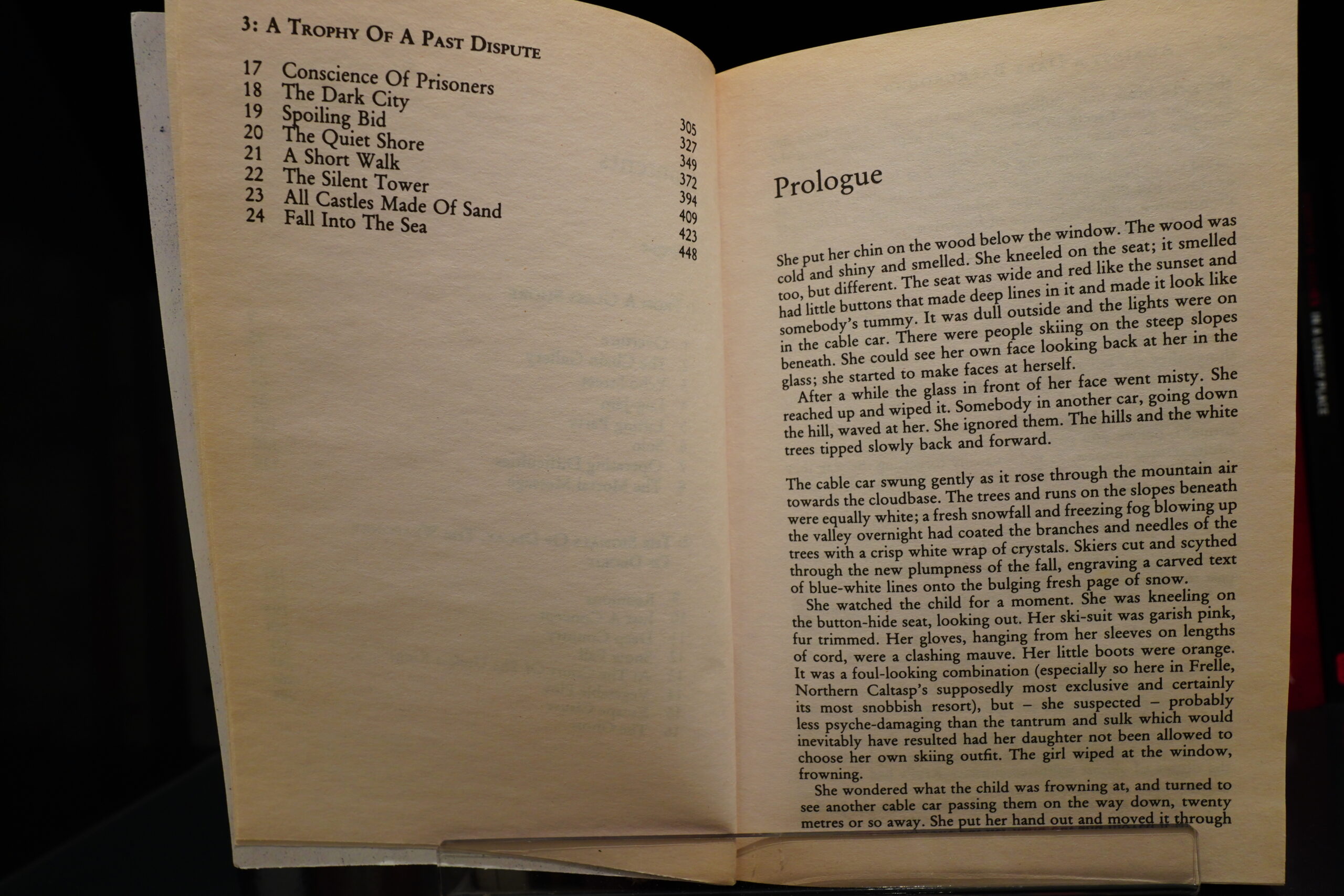
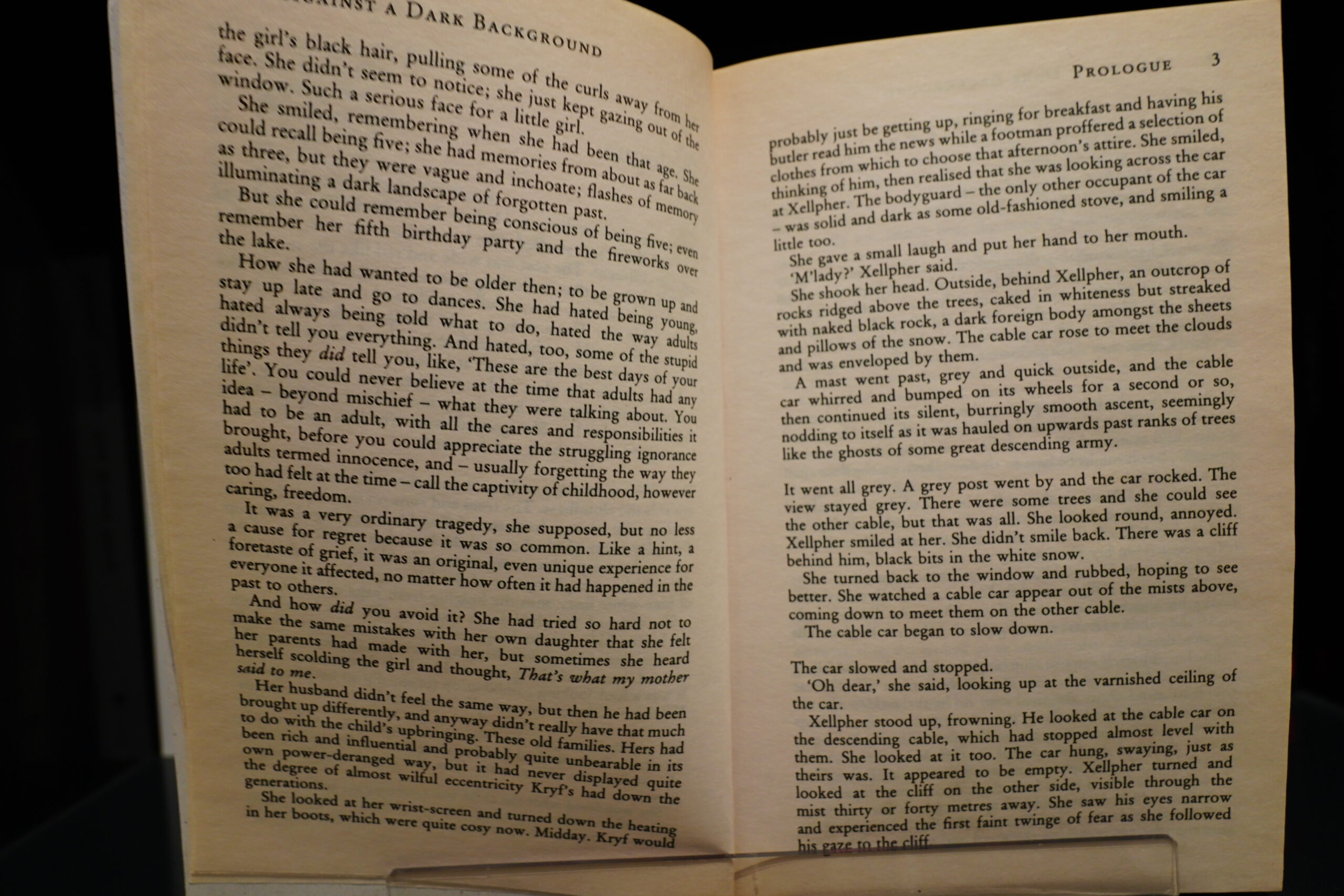
And… it starts off like total popcorn — fun, lots of action and repartee, and new mind-bogglingly science fictional concepts on every other page. And the plot is a favourite of many an sf writer: We have a hyper-competent scooby gang that’s going to find/steal a book so that they can find/steal the McGuffin.
But it just grows kinda… Uhm… OK: It’s basically three scenes on rotation. 1) First you have an action/heist/whatever scene, that’s very chaotic, rather puzzling (nothing much is explained), and lots of fun. 2) Then you have the characters talking to each other afterwards, and they explain what you’ve just read. 3) Flashbacks to traumatic/significant scenes in the character’s past. Repeat. Repeat. Repeat. For 500 pages.
While 1) and 2) are lots of fun in and of themselves, and 3) isn’t bad either, it’s like we’re on an interminable treadmill.
That also goes with the puzzling shifts in levels of technology and competence — sometimes the characters are almost supernaturally able, and sometimes they’re bumbling around, all depending on what each scene needs.
So after 200 pages of this, I found that I was taking longer and longer pauses between picking up the book again after a break, which is never a good sign. But I persevered for 300 more pages, and… I think this must be Banks’s worst SF book? There’s a big mystery with a big reveal, but there’s really just one possible solution who The Big Bad Villain is, so as reveals go, it’s a bit of a thud. And the motivation behind it all? *rolls eyes*
Anyway. Now I wonder what other people think of this book…
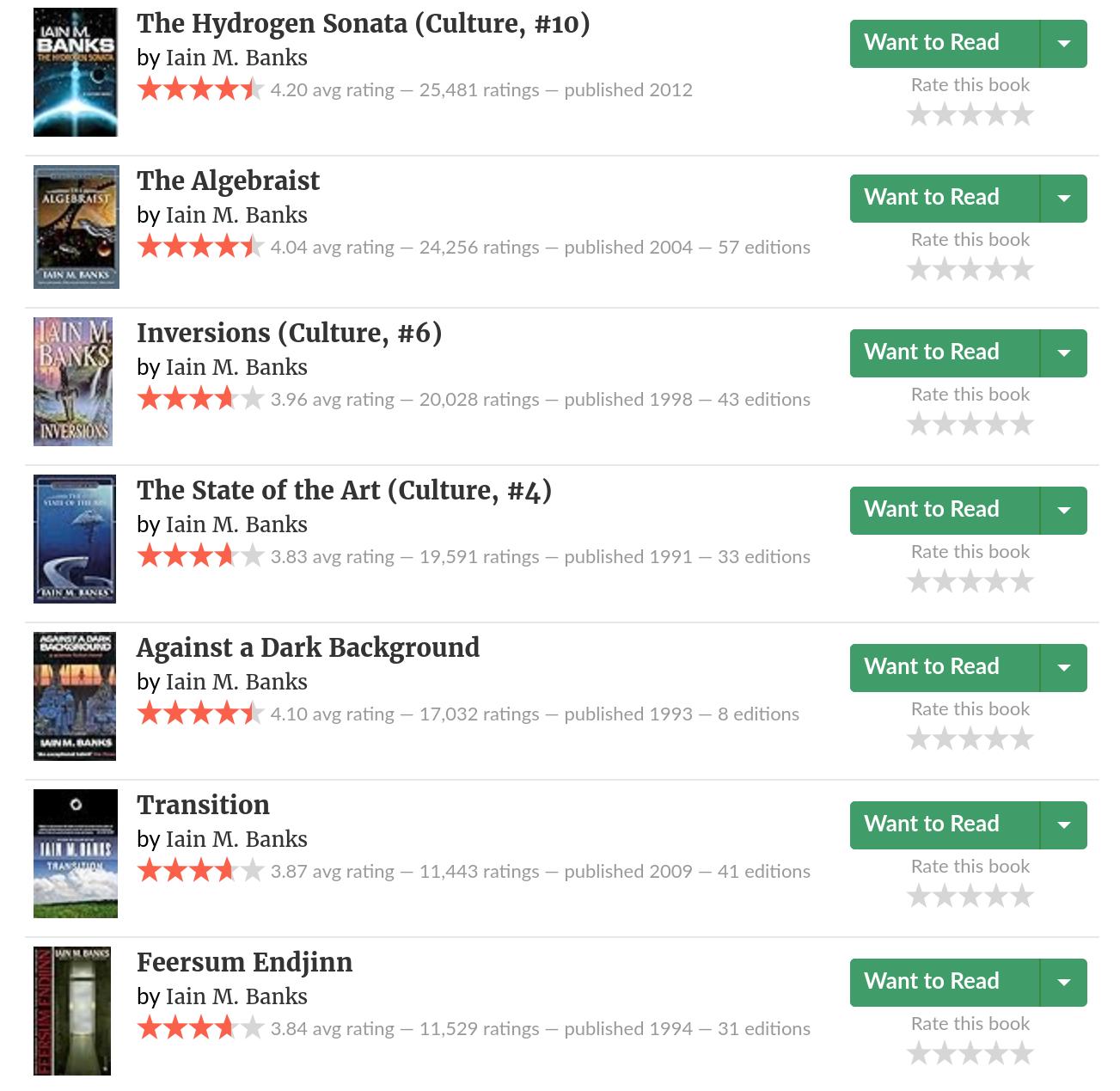
It’s got a 4.1 rating on Goodreads, which means that it’s smack in the middle, ratings wise. It’s toward the bottom when it comes to how many ratings it has — only two books have fewer ratings. So it’s a well-enough-liked Banks book, but one that few people read.
The second highest rated review is this:
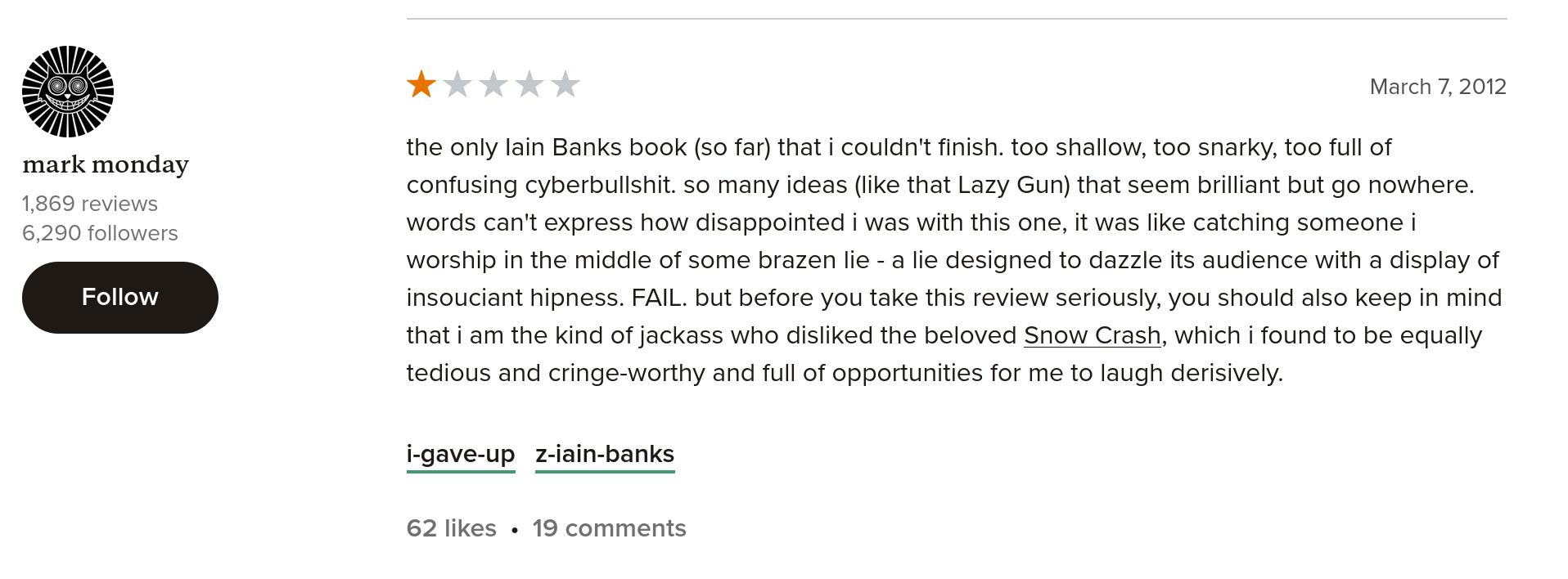
Which means that the people who disliked the book really disliked the book. Third highest is a three star one:

I see that my complaints aren’t very original:
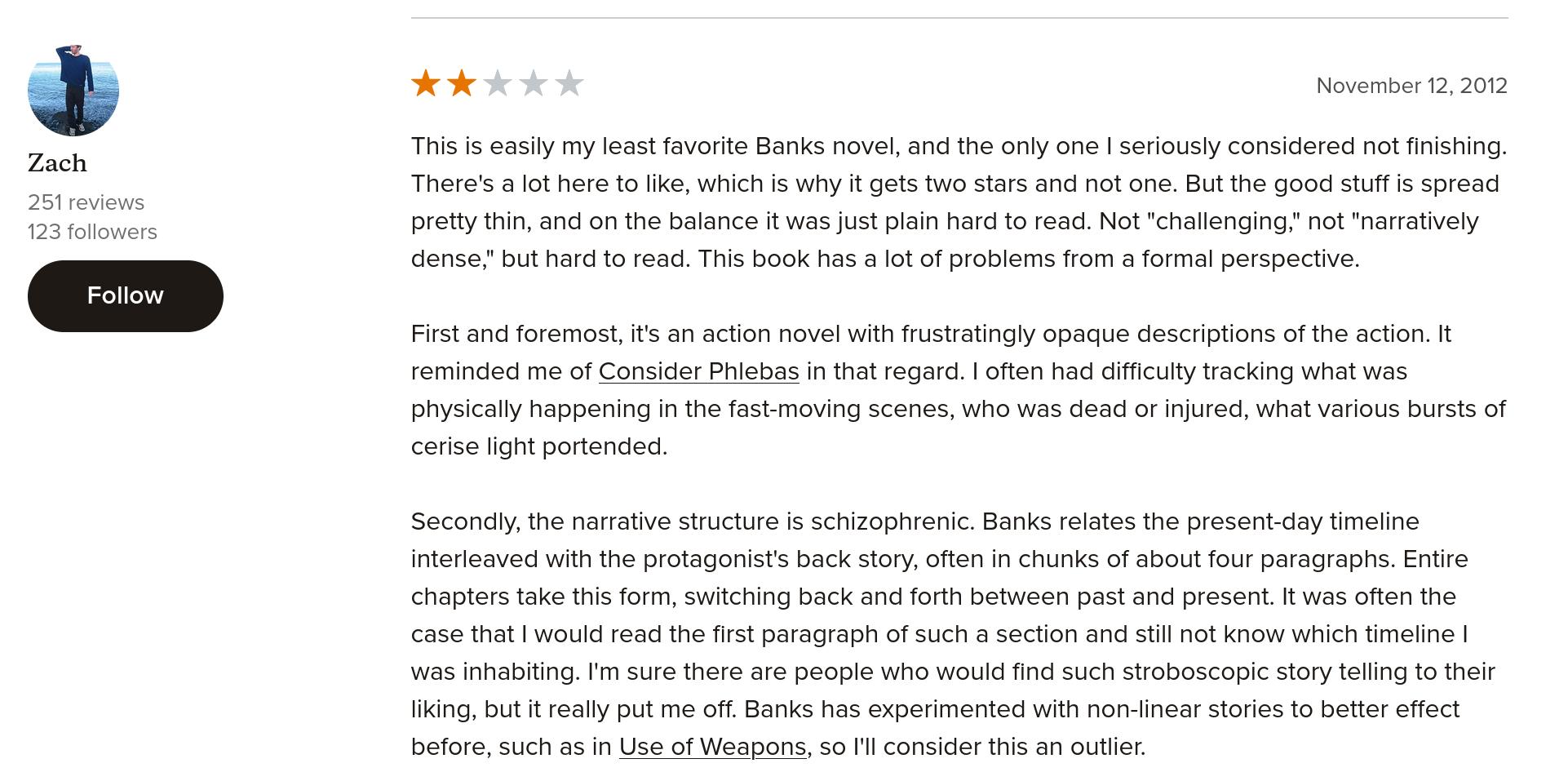
So there you go. I wonder whether my disappointment with this book is mostly caused by how high expectations I had — I mean, it’s my final Iain M. Banks book, and while not perfect, perhaps it’s not as frustrating, really, as I found it. Dunno.
Against a Dark Background (1993) by Iain M. Banks (buy new, buy used, 4.1 on Goodreads)
